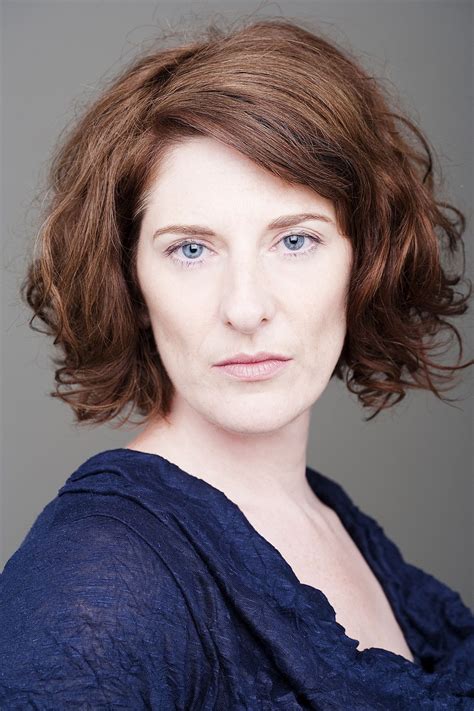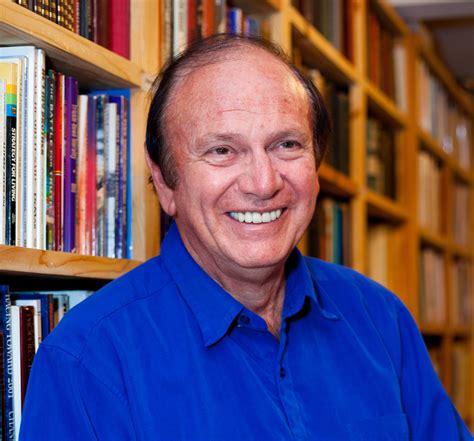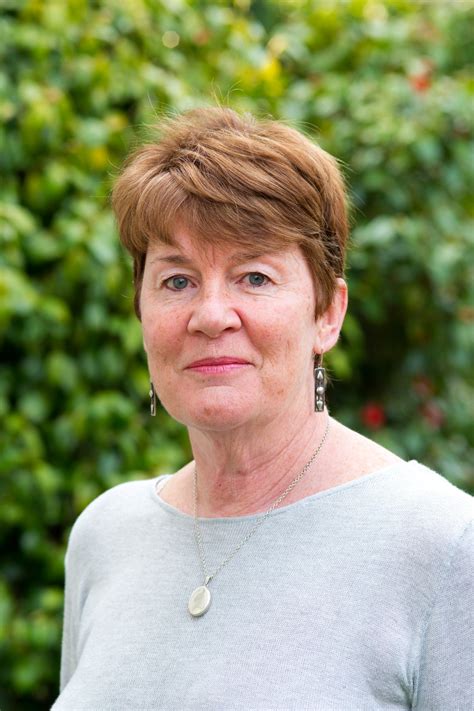A Quote by Marilynne Robinson
Many readers know my work first through 'Housekeeping,' simply because it was my only novel for a pretty long time.
Related Quotes
I often hear people say that they read to escape reality, but I believe that what they’re really doing is reading to find reason for hope, to find strength. While a bad book leaves readers with a sense of hopelessness and despair, a good novel, through stories of values realized, of wrongs righted, can bring to readers a connection to the wonder of life. A good novel shows how life can and ought to be lived. It not only entertains but energizes and uplifts readers.
The ear is the only true writer and the only true reader. I know people who read without hearing the sentence sounds and they were the fastest readers. Eye readers we call them. They get the meaning by glances. But they are bad readers because they miss the best part of what a good writer puts into his work.
Elisabeth Sheffield's new novel is multilayered, smart, beautifully written, and funny. I was taken in by the first paragraph and held firmly through the roller coaster of a ride. The depth of the novel was evidenced by the constantly shifting meaning of the title itself. In fact, the entire work never changes its meaning, but somehow, seamlessly, simply means more. This is a rare and memorable piece of work.
Reading Tomato Red-the first Daniel Woodrell novel I came upon-was a transformative experience. It expanded my sense of the possibilities not only of crime fiction, but of fiction itself-of language, of storytelling. Time and again, his work just dazzles and humbles me. God bless Busted Flush for these glorious reissues. It's a service to readers everywhere, and a great gift.
With a novel, you have the reader with you a lot longer, and you owe him a lot more. Obviously you have to have a plot - I say "obviously," although I think a lot of fiction doesn't, and nothing seems to happen. But to me, there should be something that happens, and it should be at least vaguely plausible. And because the readers are going to be with these characters for a long time, you have to get to know them and like them and want to know what happens to them.






































